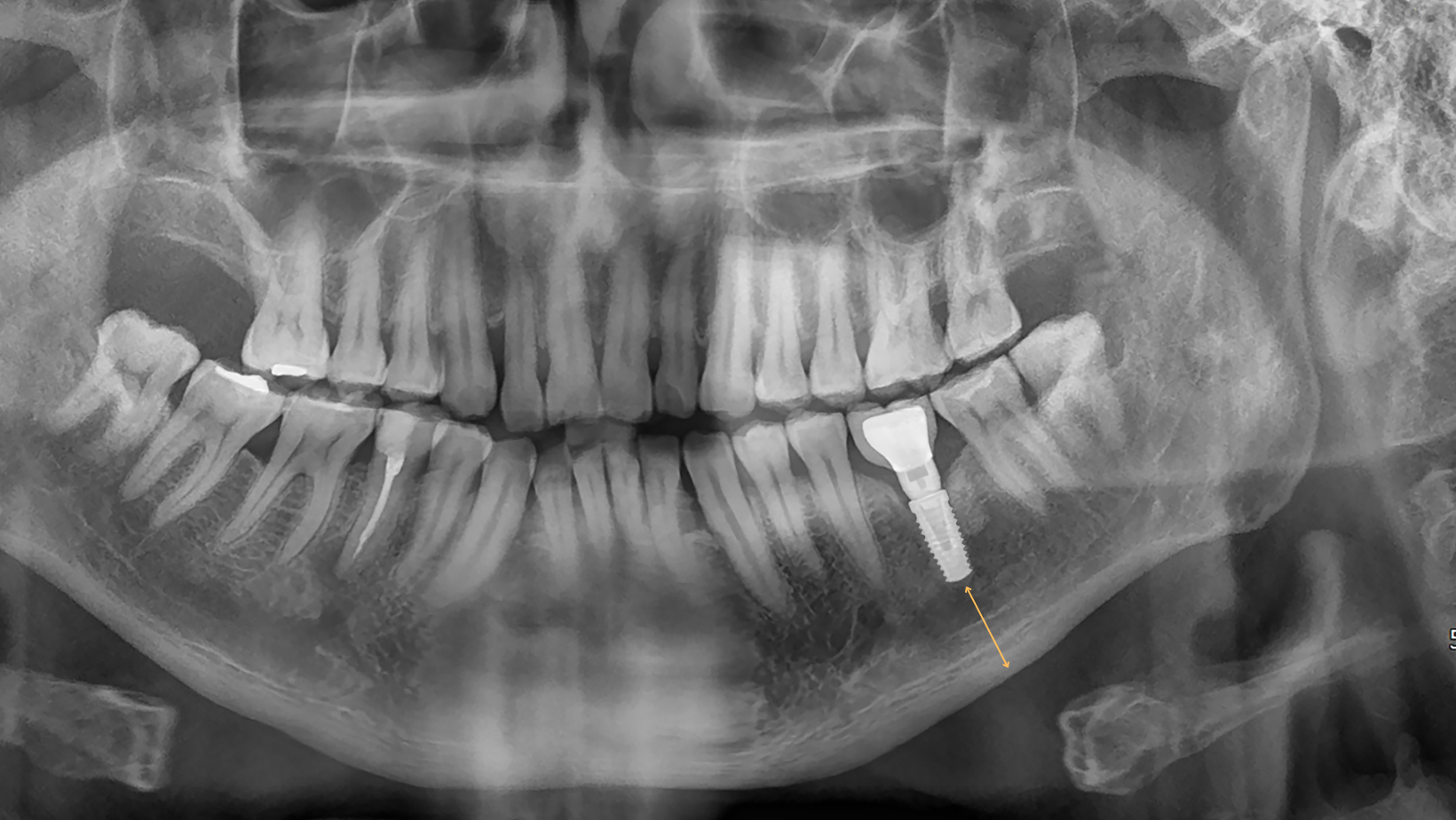Red Flags of Online Praise
 By: Britely
By: Britely
In the digital age, positive online reviews have become a go-to resource for consumers looking to make informed decisions. Whether it’s choosing a dentist for your dental implants, a restaurant, a product, or a service, glowing reviews can sway our choices. However, it’s crucial to approach positive online reviews with a healthy dose of skepticism. How do you know if something is too good to be true?
Potential for Bias and Manipulation:
Positive online reviews are not immune to bias or manipulation. Doctors and businesses are increasingly aware of the impact of reviews on consumer decisions, leading some to employ tactics to boost their online reputation. This may include incentivizing customers to leave positive reviews or even creating fake accounts to write glowing testimonials.
Unrealistic Expectations:
Sometimes, positive reviews may reflect unrealistic expectations rather than an accurate assessment of the service. A customer who had exceedingly high expectations may give a perfect review for meeting those expectations, while another with more realistic expectations might provide a more tempered assessment.
Limited Range of Feedback:
Positive reviews tend to focus on the strengths of a product or service, but they may lack a well-rounded perspective. Without a balanced representation of both positive and negative aspects, consumers may miss critical information needed to make an informed decision. A product or service that seems flawless in positive reviews might have hidden drawbacks that are not immediately apparent.
Influence of Incentives:
Some businesses offer incentives, such as discounts or freebies, in exchange for positive reviews. While this practice is discouraged on many review platforms, it still occurs. Consumers should be cautious when encountering overly positive reviews that seem too enthusiastic, as they may be the result of a customer seeking a reward rather than an accurate portrayal of their experience.
Lack of Detailed Information:
Positive reviews often lack detailed information about the customer’s experience. A review that simply states, “Excellent service!” without providing specifics may not be as informative as a more detailed and balanced assessment. Consumers should be wary of overly brief or generic positive reviews that lack substance.
Luckily for you (and for us) the FTC is cracking down on fake reviews. “Our proposed rule on fake reviews shows that we’re using all available means to attack deceptive advertising in the digital age,” said Samuel Levine, Director of the FTC’s Bureau of Consumer Protection. “The rule would trigger civil penalties for violators and should help level the playing field for honest companies.”
Our Britely team prides itself on our ungated, honest reviews. We want to hear about all experiences, even if they weren’t great. While positive online reviews can be a valuable resource, it’s essential to approach them with a critical eye. To make well-informed decisions, consider a combination of positive and negative reviews, look for detailed feedback, and be aware of any patterns that may indicate manipulation. At Britely, our consultations are always free so that you can see for yourself whether or not you can trust our reviews.


